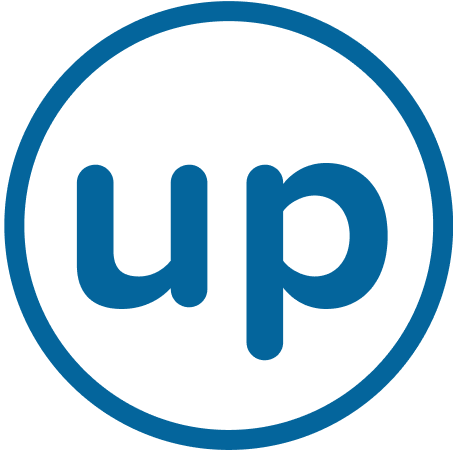AI in Technical Client Communications

Blog Team
Written by Elizaveta Risunova
When writing a message with task requirements for a colleague, providing your project manager updates, or explaining why you really need to take this technical debt - text composed in a certain way can affect the efficiency of your message. And as a developer, I tackle these tasks almost daily, like many of you, I suppose.
Let’s see how AI can make our lives easier in these aspects.
Provide a quick response in the right tone
I think most of us know the struggle of “breaking the flow” of our thoughts to compose a message assuring our manager that everything will be fixed soon when something isn’t right - for example, when, oh no, production is down. But now, you can let an AI tool assist you in managing this situation. Have a look at the example in the screenshot, which also shows quite a useful feature for changing the tone of your message.
For example, think about which of these two options you’d send your manager in such a situation.

My choice was the formal one.
Prepare various templates
In general, if you’re working on something that has strict structure requirements or you think that it might have some default things that are always presented in similar documents, don’t hesitate to delegate template preparation to the AI. Business emails or post-mortem production issue templates, refactoring plans - these are some of many examples that AI can handle really well. Even if the result doesn’t completely satisfy your needs, at least you’ll get a really good starting point.
Conclude and summarize results
When exploring new coding tools, selecting your project’s architecture, or determining the most suitable library for your code, you may often need to write extensive texts and compare numerous items to provide the results of your investigations to clients. These documents usually require a summary, conclusion or even a Too Long Didn't Read (TLDR;) recap. An AI tool can assist in summarizing your thoughts and findings, generating a concise conclusion that weighs the pros and cons. The best part is that it might even aid in your own decision-making, helping by highlighting points you might miss or consider non-important.
Tools
Of course, ChatGPT usually steals the show, but many other text editors integrate AI tools. One of the most popular ones, Grammarly, is one of the pioneers in this area. Another really popular example is Notion, which lots of IT folks use for managing notes and documents, both work-related and personal. All these tools can correct your grammar mistakes, revise sentences to sound more professional, and adjust the tone of your message. We’ve already seen an example of this feature.
General tips:
- Specify the tone you need for the AI tool -- relaxed, formal, confident, or assuring -- depending on whom you’re addressing with your message or document and the purpose of it, because most likely you won’t speak to your client the same way you speak every day with your work bestie. You can even ask it to insert your local corporate joke - there’s a lot to explore and find what works best in your case. (And, usually, 3 or 4 out of 10 jokes are really funny.)
- Indicate how long you want the output to be (one or two sentences for a comment in a Jira ticket, or an entire essay) and the format (bullet list, paragraphs, or summaries)
- Remember to respect any NDAs and use generalized descriptions. However, don’t hesitate to provide more details if necessary and include as much context as possible. Balance is the key thing here.
These AI tools, from ChatGPT to Grammarly and Notion, act as collaborators, enhancing our ability to communicate with precision, adaptability, and a touch of personalized flair so that we can ensure our messages resonate more effectively, fostering clear understanding and stronger connections across all levels of our organization.


.svg)


.svg)
.svg)

